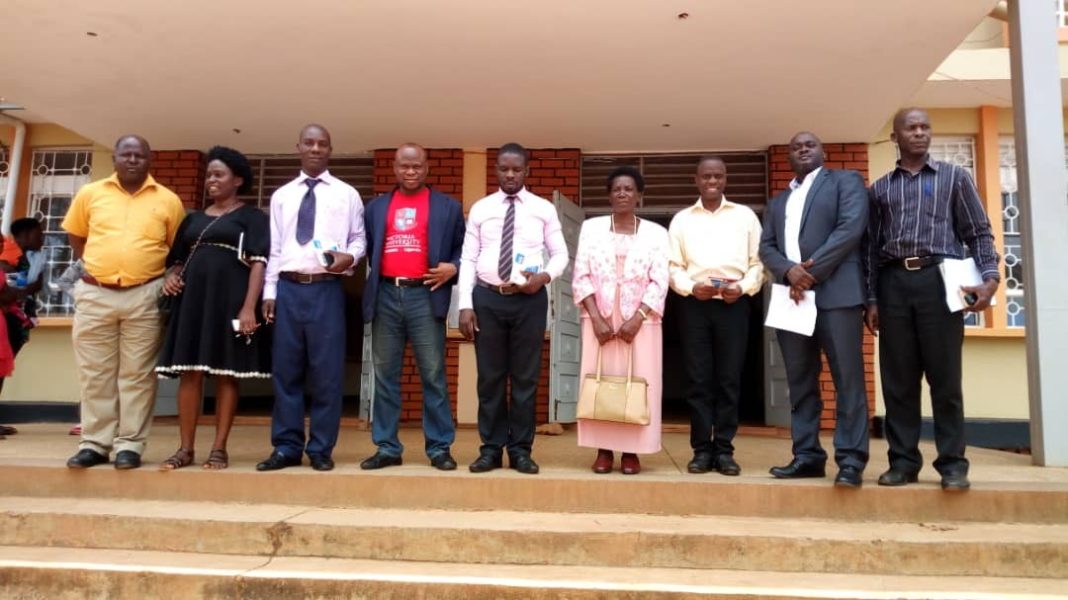The modern time challenge of education is finding its useful place in complementing Government efforts to build society.
Universities especially in the south should find new and effective ways of developing, transmitting and applying knowledge for the public good; ways that may not always look anything like received western forms of teaching or research but rather contextualized relevant teaching and learning.
Measuring a university’s success here does not mean comparing it to the failures of neighboring institutions; rather it is often precisely through active collaboration with other stakeholders such that key widespread improvements can be effected. This is not charity work; it is what universities should be for in modern time
Inspired by a common interest to work together towards the improvement of the welfare of the people they serve. Victoria University sought a partnership with Mpigi District Local Government to set up a world class smart model village that will be globally identified as success story of a sustainable rural community.
A formal letter from Victoria University was written to the District, dispatched and received in November 2018. The district then invited the University team to share this concept with a select committee of the Technical team on 20/2/2019.
The University was represented by the Dean of Humanities and Social Sciences Mr. Fred Kasirye – Head of Delegation, Dean Business and Management Prof. Omotayo Adebujyi, Dean Science and Technology Mr. Fred Lwanga, Head of Department Humanities Mr. Mark Namayo, and Mr. Amos Turyatemba (Head of Department-Social Sciences).
They were welcomed by the District CAO Ms. Lucy Frances Amulen, the Deputy CAO – Mr. Jack Byaruhanga, and the District Community Development Officer, Mr. Mwanje Anthony. The University team made a presentation to a select committee of the District Technical Planning Committee about the model village which was well received.
Through this initiative the University shall work with the district and development partners to promote home grown development paradigms, relevant community research, effective district leadership capacity building and policy guidance.
The partnership shall see the birth of a model village with unique potential and abilities to manage its health, business, technology and societal aspects as mirrored by the four faculties of the University.
For instance students undertaking the Degree in Public Administration will make vital community level initiatives towards Good Governance, Corporate Governance and Public accountability, on the other hand their counterparts in Business shall support SMEs with strategies to grow while also supporting the District to identify additional revenue streams.
In the Health Sciences area of study aspects of public health and nutrition at both family and community levels will be a regular life testimony that students will learn, unlearn and relearn.
Students reading IT will predominantly support the demystification of IT at the grassroots to improve livelihoods through for instance simple IT enabled banking operations, communication and business management. While research will be done throughout the district the pretest, test and model interventions will be done in the selected project villages.
Under this arrangement both the University and the District will spare resources to invest in this initiative over a spread period of time, closely monitor and draw agenda that will enable each party to realize its ideals with regards to service delivery on one side and relevant higher education on the other side.
The initiative is a brain child of the University management which thought it wise to offer additional value to University students’ education by enabling students interact regularly with the real situation on the ground in modern day life while providing relevant solutions through a scholarly approach.
The discussions are still ongoing and the initiative is expected to be launched by mid this year. The University offers Diplomas, Bachelors and Masters Programs in specialized fields.





